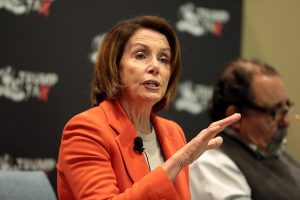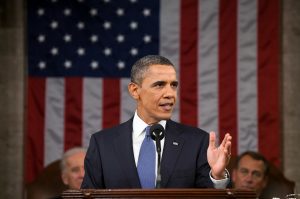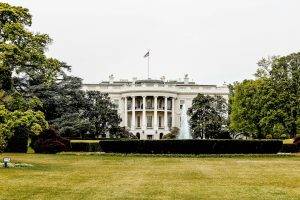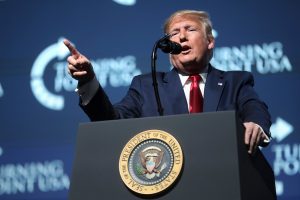[ad_1]
Ballot finds 82 % of staff imagine gross sales of inner combustion engine autos needs to be banned by 2035.
Eight out of 10 autoworkers in South Korea help banning gross sales of petrol and diesel autos by the center of the subsequent decade, a survey has discovered.
Greater than 82 % of staff within the business imagine autos with inner combustion engines shouldn’t be offered after 2035, whereas practically 64 % say a ban needs to be launched by 2030, in accordance with the survey launched on Thursday by Greenpeace and the Korean Metallic Employees’ Union.
Over 94 % of respondents stated they seen local weather change as “extraordinarily” or “very” severe, with an almost equivalent proportion agreeing that it could trigger irrecoverable harm to each the worldwide and South Korean economic system if not stopped.
The nationwide survey, performed by The Analysis Group, a polling organisation, was based mostly on responses from 1,019 staff at Hyundai Motors, Kia and GM Korea.
South Korean president-elect Yoon Suk-yeol has pledged to ban gross sales of autos with inner combustion engines by 2035, as a part of South Korea’s dedication to develop into carbon impartial by 2050.
Yoon’s plan has generated resistance from business our bodies, together with the Korea Vehicle Producers Affiliation and Korea Vehicle Components Affiliation, which have warned that the timeline for transitioning totally to electrical vehicles is unrealistic.
Daul Jang, Greenpeace East Asia authorities relations and advocacy specialist, stated the end result of the ballot confirmed that staff are “pondering extra progressively than the firms they work for”.
“The outcomes of this survey ship a powerful sign to President-elect Yoon that he must comply with by on his election pledge to ban the brand new registration of inner combustion engine autos by 2035,” Jang stated. “In spite of everything, it’s company management that’s holding again formidable local weather motion, not auto business staff.”
Deok-heon Son, vp of the Korean Metallic Employees’ Union, stated that the business’s staff view local weather change as an financial in addition to environmental disaster.
“An earlier transition to electrical autos could be a wiser technique to sort out the local weather disaster in addition to to make sure the competitiveness of the Korean auto business,” Son stated. “The transition have to be simply and inclusive, and staff and unions must be revered as key stakeholders within the course of.”
There have been practically 232,000 electrical autos registered in South Korea in 2021, in contrast with greater than 21 million petrol and diesel vehicles, in accordance with knowledge from the Ministry of Land, Infrastructure and Transport.
South Korean carmakers have laid out plans to dramatically enhance gross sales of eco-friendly autos within the coming years, with main participant Hyundai aiming for electrical autos to make 36 % of all gross sales by 2030.
[ad_2]










Leave a Reply